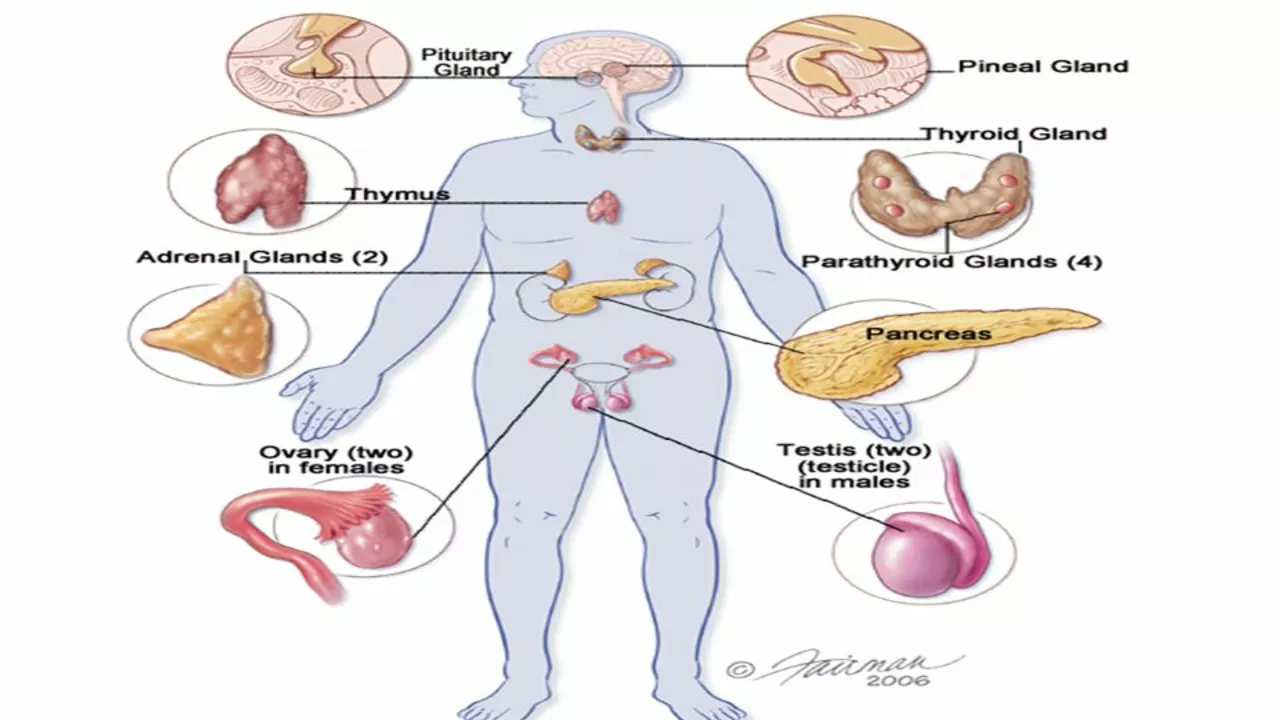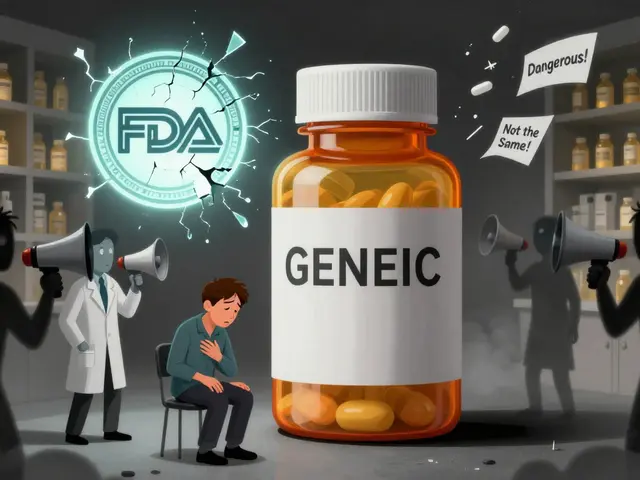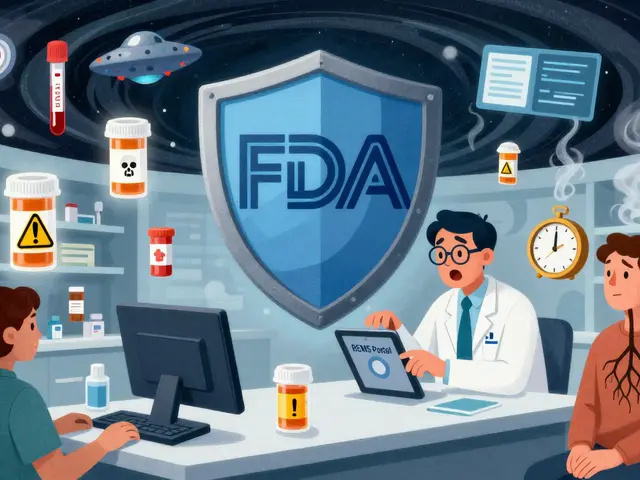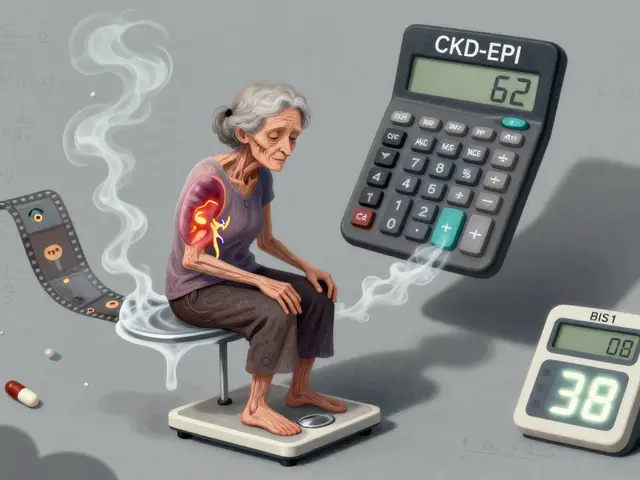Endocrine disorders: when small glands change your whole day
Hormones control appetite, energy, mood, weight and sleep. When a gland (thyroid, pancreas, adrenals, pituitary, ovaries or testes) slips out of balance, life can feel off. This page gives clear signs to watch for, key tests doctors order, and practical steps you can take now.
Common signs, tests and what they mean
Feeling tired all the time, gaining or losing weight without diet changes, hair thinning, strong mood swings, hot flashes, heavy periods, or trouble sleeping — any of these can point to a hormone problem. For men, low libido or erectile issues can be a clue. For urgent red flags like fainting, severe abdominal pain, fast heartbeat, sudden vision changes, or very high blood sugar, seek emergency care.
Simple tests tell most of the story. Blood tests like TSH and free T4 check the thyroid. Fasting glucose and HbA1c reveal diabetes control. Morning cortisol or an ACTH stimulation test checks adrenal function. Sex hormones and prolactin are tested when cycles, fertility, or libido are affected. Your doctor will pick tests based on symptoms, not a shotgun list.
Treatment basics and everyday steps
Treatment depends on the gland and cause. Hypothyroidism usually needs levothyroxine replacement. Hyperthyroidism has options like antithyroid meds, radioactive iodine, or surgery. Type 2 diabetes often starts with lifestyle change and metformin; some people need insulin or newer agents that protect the heart and kidneys. Adrenal insufficiency may require hydrocortisone or fludrocortisone (Florinef) to replace missing hormones. Treatments aim to restore balance, ease symptoms, and prevent complications.
You don’t need dramatic changes to help hormone care. Sleep regular hours, cut down processed carbs if you have insulin issues, add 30 minutes of movement most days, and prioritize protein and fiber at meals. Track symptoms and meds in a simple notebook or phone app so you and your clinician can spot trends. Small, consistent habits pay off fast.
Medications interact. Tell every provider what you take — prescription drugs, OTC meds, and supplements. Certain blood pressure drugs, antibiotics, and herbal products can change hormone levels or drug effectiveness. If you buy meds online, pick pharmacies with clear licensing, a real phone number, and a requirement for prescriptions for prescription-only drugs. Fake sites often sell low-quality or unsafe products.
Hormone problems are common and treatable. If you suspect an issue, start with your primary care doctor or an endocrinologist for targeted tests. With the right diagnosis and a straightforward plan — medicine, monitoring and a few lifestyle tweaks — most people get back to normal energy and mood. Keep questions handy for your visits, and don’t ignore new or worsening symptoms.
The Role of Hyperprolactinaemia in Hormonal Imbalance
In my latest blog post, I explored the role of hyperprolactinaemia in hormonal imbalance. Hyperprolactinaemia is a condition where the body produces excessive amounts of prolactin, a hormone responsible for milk production and regulation of the menstrual cycle. This overproduction can lead to several health issues, such as irregular periods, infertility, and even mood swings. I discovered that various factors, including stress, medications, and medical conditions, can contribute to this hormonal imbalance. Understanding and managing hyperprolactinaemia is crucial for maintaining our overall health and well-being.






